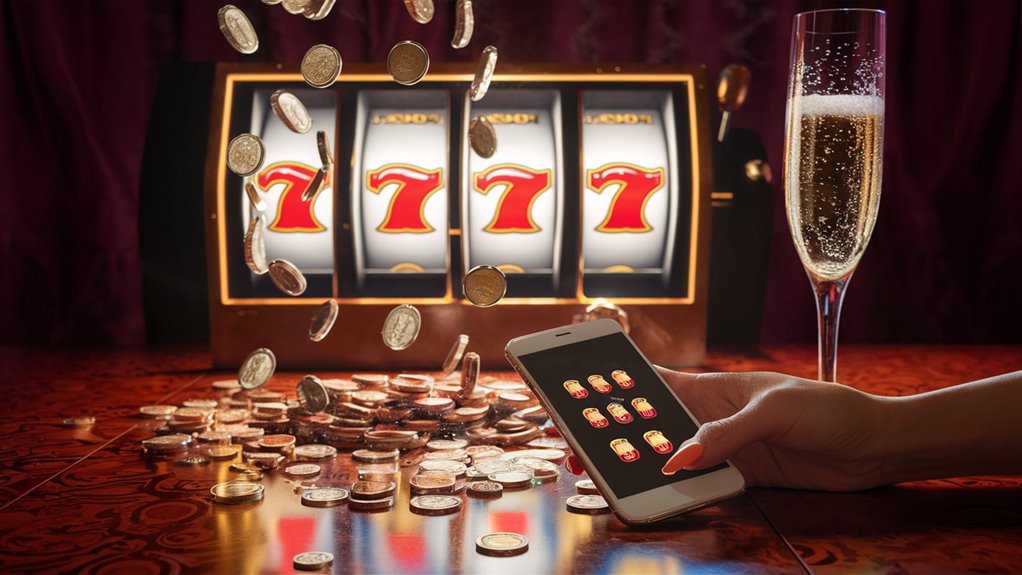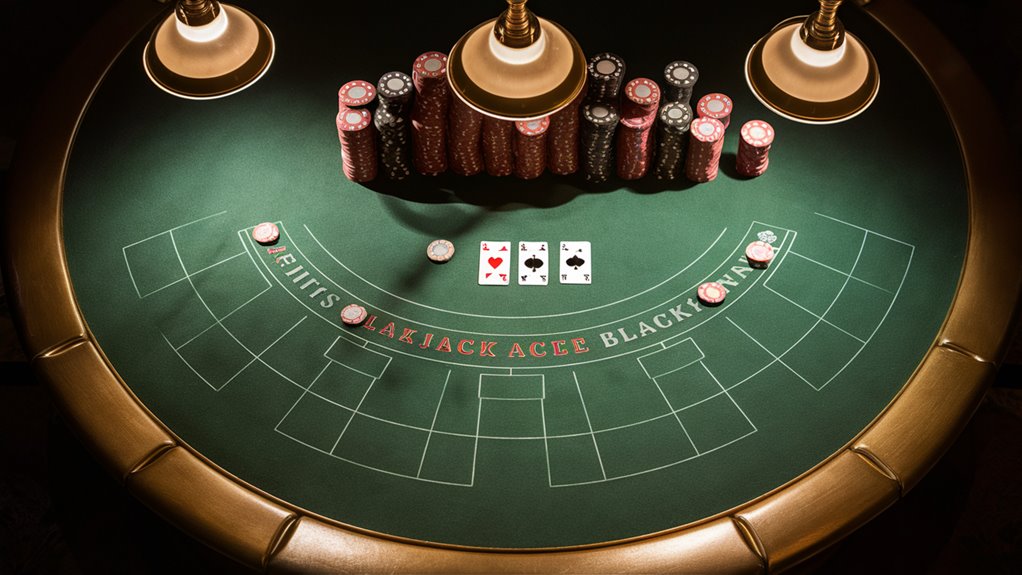Top Ten Gambling Myths You Should Avoid
It is necessary to reduce the number of gambling misunderstandings that prevail if you are contending for your bankroll and taking sound positions on matters. The most dangerous of all gambling delusions is to believe that you are “just due for a win,” each gambling event is different and separate from what has gone before it.
Debunking Popular Gambling Fallacies
Gambling simplifies to deciding how much outside your Welding Curved House Tactics Into Beautiful, Profitable Angles house edge a session ticket offset by small bonus game parts can be expected to gain for each bet assuming perfect strategy over your total wagering rolls before cash ball comes up. A casino still can’t fear nothing more than gamblers using the system like Poker Bots interfering with poker games or mechanical shills.
Talking about fairies and little beings that use morality or ethics against opponents instead of playing cards is only good for making someone feel cut off in society.
Machine and Timing Myths
The notions of “hot” machines and “cold” ones have nothing to do with reality. Slot machines each spin a new one that is absolutely random, generated by Modern RNG technologies. Betting-time-based strategies and beliefs in “lucky hours” have no statistical backing. Progressive betting systems that raise bet amounts don’t help your odds.
Near Misses: Understanding
The near-miss experience was deliberately created by game designers to generate excitement and to encourage further play. These near misses do not imply that a win is about to come; rather, they are psychological devices that exploit the human tendency to seek patterns.
Mathematical Reality
In short, success in gambling calls for an understanding of both true probability and house edge mathematics. No superstition, system, or strategy can offset the house’s built-in statistical advantages which provide for casino profitability. Rational decisions based on mathematical facts lead to more responsible gambling.
The Gambler’s Fallacy: Due for a Win
Why You’re Never “Due for a Win”
The gambler’s fallacy is one of the most widespread misconceptions found in gambling behavior. This cognitive bias leads a bettor to believe that a string of losses must be followed by a win, which often results in disastrous financial consequences.
The Mathematics of Independent Events
Each gambling result is independent of previous results. When you experience a number of losses, the probability that your next bet will be successful remains the same as it was before. For example, when a coin comes up heads five times in a row, it still has a 50% chance of being heads on the next toss. Similarly, the odds in slot machines and roulette remain unchanged no matter what happened previously.
Scientific Evidence Against the Fallacy
Studies show that believing in “due wins” results in prolonged gambling sessions, greater financial losses, and increased risk-taking behavior. If you believe in due wins, it may widen your gambling time frame, increase your loss acceptance, and lead you to take higher risks.
Betting Systems Beat the House
Understanding Casino Betting Systems
Betting systems like “Martingale” and “Fibonacci” claim to offer strategies that are mathematically proven to generate profits. However, these systems cannot overcome the house edge. Every game’s basic probability remains the same, regardless of the betting Transforming Fleeting Tells Into Charged Splitting Shocks approach used.

Why Betting Systems Fail
The reason every betting system fails is simple: the mathematical advantage for casinos cannot be changed. In the real world, restrictions like table limits and limited bankroll make long-term success impossible.
Hot and Cold Machines
The Myth of Hot and Cold Machines
Slot machines are controlled by computer programs that generate random numbers at high speeds. It is incorrect to talk about them as “hot” or “cold.” The results of slot machines are not based on past performance.
How Random Number Generators Work
Modern slot machines use Random Number Generators (RNGs) that generate outcomes randomly. Previous spins have no impact on subsequent results. The odds remain fixed, and there is no recollection of past results.
Gambling Superstitions Explained Scientifically
Luck, Charms, and Gambling Superstition
Lucky charms and superstitious behaviors have been part of gambling culture, but scientific evidence shows they do not influence game outcomes. While these superstitions may comfort players, they do not affect the results of casino games, which operate based on systematic logic.
Responsible Gambling
Freeing Yourself from Superstitious Thinking
By taking a rational approach to gambling, such as understanding the odds, managing your bankroll, and playing responsibly, you can avoid falling prey to superstitions. Avoiding the use of lucky charms and focusing on mathematical facts will improve your gambling experience.
Card Counting in Casinos
Legalities of Card Counting in Casino Gaming
Card counting, a strategy used in games like blackjack, is not illegal. It is a matter of skill and observation. However, casinos retain the right to refuse service and eject players who use this strategy, especially if they are suspected of using electronic devices to Unfolding Deep-Hued Calm Into Unexpected Pot Eruptions assist in counting cards.
Best Practice for Players
Understand the difference between mental card counting and using devices, and respect casino policies. While card counting is legal, casinos have the right to protect their business and may ask players to leave.
Online Casinos
Are Online Casinos Fixed?
Online casinos work under strict regulations to ensure fairness. Licensed operators use Random Number Generators (RNGs) and undergo regular testing to guarantee that the games are fair and random.
Protecting Yourself Online
When choosing an online casino, it’s important to select licensed operators and ensure that they adhere to regulations. Look for casinos that are certified by independent testing labs and review their payout ratios and user feedback.
Statistics Affect When You Gamble
Time of Day & Casino Odds: Fact or Fallacy
The belief that the odds change based on the time of day is a widespread misconception. The mathematical systems in casinos ensure that the odds remain the same regardless of when you play.
The Science of Casino Mathematics
Modern casinos use sophisticated technology to maintain consistent odds throughout the day. Whether you play in the morning or evening, the chances of winning remain unchanged.
The Higher the Wager, the Better the Odds
The Theory of Bet Sizing and Winning Probability
Increasing your bet size does not improve your odds of winning. The return-to-player (RTP) percentage remains the same regardless of the amount you wager. Larger bets only increase the potential payout, but they also increase the risk of larger losses.
Near Misses: The Gambling Telltale That a Break Is Coming
Understanding Near Misses in Gambling: Illusions and Reality
Near misses are psychological triggers created by game designers to keep players engaged. These occurrences are not indicative of a coming win, and Visit Website the odds for the next spin remain the same as before.
The Psychology of Near Misses
Near misses trigger the brain’s reward circuits and can lead to addictive behavior. Despite the illusion of a near win, the results of gambling are random, and near misses do not predict future outcomes.


